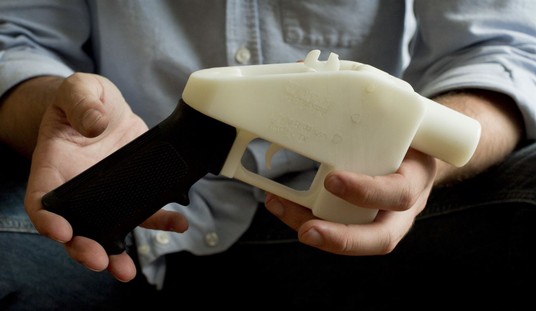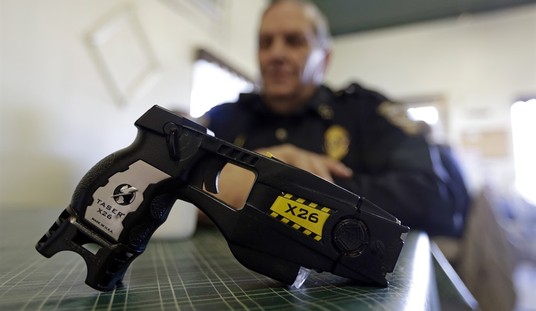School systems all over the country, when they have butts in physical seats again, will likely start looking at just how to prepare for active shooters. They’ve been doing it for a while, of course, but it’ll just start again. After all, ever since Columbine, it’s every school official’s worst nightmare. I get that. Honestly, who wouldn’t?
Schools have treated active shooter events like other rare but deadly situations such as fires or natural disasters. As such, they’ve prepared for them the exact same way, namely by having drills.
Now, it seems there is a problem with those drills. In particular, the impact they have on students.
School active shooter drills increase anxiety and depression in those forced to participate in them, according to a study released Thursday by the pro-gun control group Everytown For Gun Safety.
The study, based on analysis of nearly 28 million social media posts, found active shooter drills were associated with a 42 percent increase in anxiety and a 39 percent increase in depression among students, teachers and parents.
Researchers analyzed changes to social media posts in the 90 days preceding and following a drill. The study flagged increased use of words like “afraid,” “struggling,” “nervous,” “therapy” and “suicidal.”
“It wasn’t just a short duration that everybody shakes off — it’s having a lasting impression,” Sarah Burd-Sharps, Everytown’s research director, told NBC News.
Now, this is an Everytown study so I’m inclined to dismiss it from the start. However, I’m not going to do that. Part of it, of course, is that the findings just kind of make sense.
Mass shootings are rare, all things considered. If you look at all the potential places such a shooting could take place that you find yourself in every single day, the odds of being caught in such a thing is astronomical. School shootings are even rarer than mass shootings. The odds of a student being involved in one is miniscule.
Yet schools feel like they have to do something because if they don’t and there is such a shooting, the media will eviscerate them.
The problem is, while schools should be proactive about these shootings, drills don’t really help. If anything, they tell a potential active shooter how to plan.
Not good.
However, that said, there are some questionable aspects of this study, namely the methodology. While I don’t disagree with the findings, the fact that they used social media posts is problematic for me. I’ve seen far too many people talk about anxiety and depression when it turns out they’re just uncomfortable or they didn’t enjoy a situation. Those are very different things than an actual medical diagnosis for anxiety or depressive disorders.
As such, the results may well be off. Not only could they be high due to the nature of the study, they could turn out to be wrong the other direction as well. What if more students are experiencing these things and not posting them on social media?
Don’t get me wrong, I’m not saying both conditions exist at once. I’m simply saying that the methodology could lead to errors in either direction.
It should be noted, though, that if teachers were allowed to carry firearms in every school in this country, there would be at least some who wouldn’t feel nearly as much anxiety about school shootings.








Join the conversation as a VIP Member